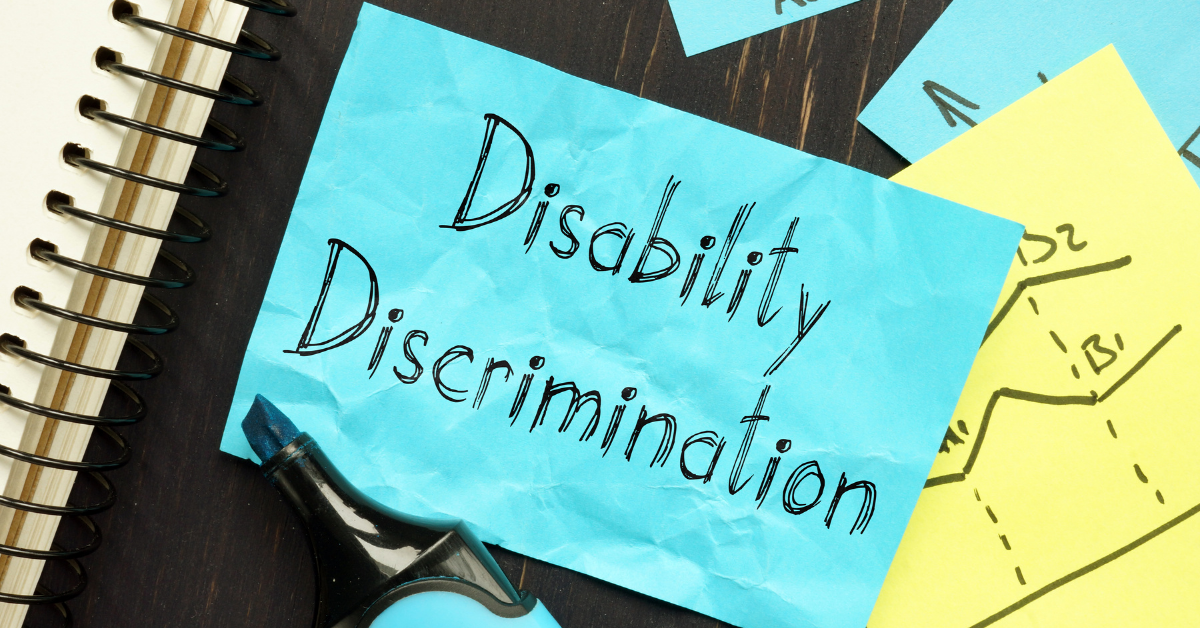Many people who suffer from disabilities can lead fully-functioning and fulfilling lives given the right amount of effort and a small amount of assistance. Often, particularly active persons with disabilities are pejoratively described as “handi-capable” as though the fact those persons’ actions are genuinely surprising in the context of their disabilities. This attitude is often taken by employers with regard to their disabled or differently-abled employees in the workplace, and it can result in indirect forms of disability discrimination.
Under the Americans with Disabilities Act (“ADA”), employers may not discriminate in the hiring or firing of employees or any other significant area of the employment relationship because an individual is disabled. Additionally, employers have a duty to provide disabled employees with reasonable accommodations for their disabilities where it will assist the employee’s ability to work. Unfortunately, while many employers understand that they cannot actually discriminate against disabled employees, more indirect forms of disability discrimination occur regularly despite the fact that such discrimination is illegal under the ADA.
The Americans with Disabilities Act Explained
The ADA bars discrimination in employment on the basis of an employee either having a disability, having a record of a disability, or being perceived as having a disability. Where an employee actually has a disability but can still work with the assistance of a reasonable accommodation, and employer has a duty to make that accommodation. The ADA also covers both permanent and temporary forms of disabilities as well as both physical and mental disabilities.
Types of Indirect Disability Discrimination
Disability discrimination may be either intentional or accidental, but even accidental forms of discrimination can be illegal under the ADA if they have an actual discriminatory effect. These forms of indirect disability discrimination are most common where an employer’s workplace policy or an employer’s failure to timely provide a reasonable accommodation needlessly disrupt an employee’s ability to work.
Under the ADA, disabled employees are entitled to exemptions for workplace policies that negatively impact them unless it would significantly disrupt the workplace. Similarly, disabled employees are entitled to reasonable workplace accommodations such as extra breaks or specialized equipment (e.g.: standing desks or cushioned chairs) unless providing those accommodations would become an undue burden on the employer. Failing to provide exemptions to workplace policies or provide reasonable accommodations could rise to the level of illegal indirect employment discrimination under many circumstances.
If you are a disabled individual and your employer is making it difficult to perform your job either by not exempting you from a specific workplace policy or by failing to timely provide you with reasonable accommodations for your disability, then you may have an employment discrimination claim. You should discuss the matter with your employer. Many employers simply do not realize that their actions may be causing indirect forms of discrimination and are very willing to assist in providing accommodations once they are aware of the problem. If conditions do not improve, you should consider consulting with an experienced employment law attorney about filing a potential claim.


